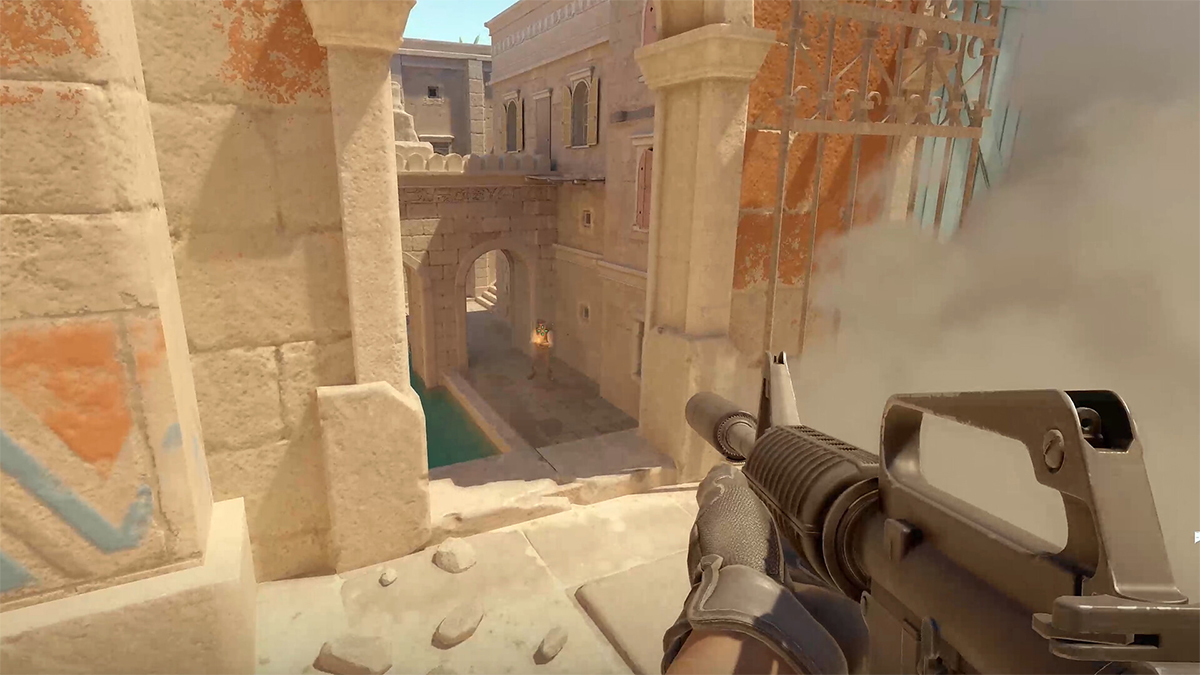Explore the Wonders of Bhutan
Your ultimate guide to the enchanting land of Bhutan, offering insights into its culture, landscapes, and travel tips.
Why Playing CS2 Support is Like Being a Chess Grandmaster
Discover how mastering CS2 support mirrors the strategy and tactics of a chess grandmaster. Elevate your gameplay and dominate the competition!
Strategic Thinking: How CS2 Support Players Mirror Chess Grandmasters
Strategic thinking is at the core of both competitive gaming and chess, where every decision can lead to victory or defeat. In Counter-Strike 2 (CS2), support players embody the same tactical foresight seen in chess grandmasters. Just as a grandmaster anticipates their opponent’s moves several turns ahead, a CS2 support player must consider the potential outcomes of their team’s actions, positioning themselves to provide crucial assistance at the right moment. This often involves understanding the maps, predicting enemy movements, and utilizing utility items effectively to create opportunities for their teammates. The parallels between these two fields highlight the importance of deep game knowledge and the ability to think multiple steps ahead.
Moreover, both chess grandmasters and CS2 support players share a commitment to team strategy and collaboration. In chess, a grandmaster coordinates their pieces in harmony to accomplish intricate tactics and execute long-term strategies. Similarly, a support player in CS2 must seamlessly blend their plays with the rest of the team, ensuring that their actions collectively contribute to the broader game plan. This involves not only individual skill but also the capability to read the game’s flow and adapt accordingly. Ultimately, whether it is on a chessboard or a digital battlefield, the essence of strategic thinking remains the same: foresight, adaptation, and teamwork are key to success.

Counter-Strike is a popular multiplayer first-person shooter game that pits two teams against each other: the Terrorists and the Counter-Terrorists. Players can enhance their gameplay experience by fine-tuning their rain settings, allowing for better visibility and performance. With its fast-paced action and strategic gameplay, Counter-Strike has become a staple in the gaming community, attracting both casual players and professional esports competitors.
Making the Right Moves: Decision-Making in CS2 Support and Chess
Making the right moves is crucial in both CS2 support and chess, as each decision can significantly impact the outcome of the game. In CS2, players must evaluate their team's strengths and weaknesses, often making split-second decisions to either support a teammate or reposition for a tactical advantage. Similarly, in chess, players analyze the board to predict their opponent's strategy and formulate their responses. Understanding these dynamics allows for more effective decision-making, whether it's coordinating a team in a competitive match or planning multiple moves ahead in a chess showdown.
At its core, decision-making in both CS2 and chess requires a blend of foresight and adaptability. For instance, in CS2 support roles, using tools like smoke grenades effectively can create openings or protect allies, paralleling how a well-timed defense in chess can turn the tide of the game. Players should practice scenarios in both domains to improve their strategic thinking and enhance their reaction times. By refining these skills, enthusiasts of each discipline will find that they can make the right moves, gaining the confidence to outmaneuver their opponents and secure victories.
Tactics and Team Play: What CS2 Support Teaches Us About Chess Strategy
Tactics and teamwork are the foundation of both CS2 and chess, as players must learn to read their opponents and adapt their strategies accordingly. In CS2, players often act as part of a team, where proper coordination can mean the difference between victory and defeat. Similarly, in chess, each piece has its own role, and understanding when to sacrifice or support a piece can lead to a winning position. The interplay of these elements teaches players about the importance of communication and planning ahead. Mastering these skills can significantly enhance one's approach to both games, highlighting the essential nature of strategy in competitive environments.
Moreover, just as a CS2 support player must recognize when to engage or back off, chess players must evaluate their positions and anticipate their opponent's moves. Support players in CS2 often provide critical information and assist in controlling the map, akin to how certain chess pieces serve as protectors or tactical enablers of larger strategic plans. For instance, a well-placed bishop can protect a more potent queen, just as a lurker can provide cover fire for an advancing teammate. Emphasizing team play and utilizing all resources effectively are lessons that resonate across both games, underscoring that success in strategy relies heavily on collaboration and foresight.